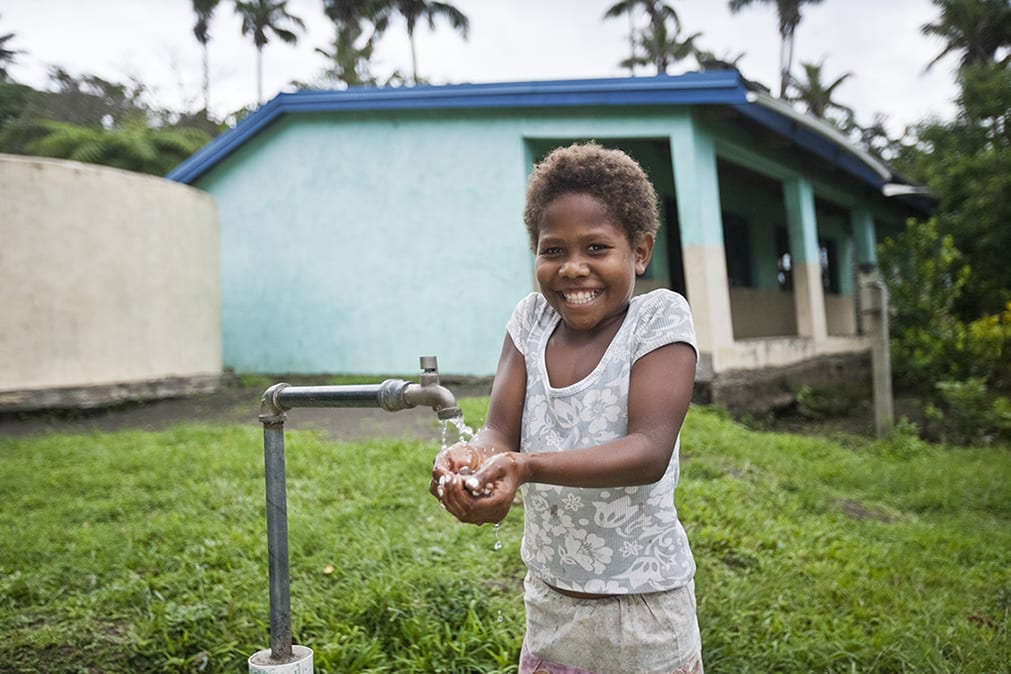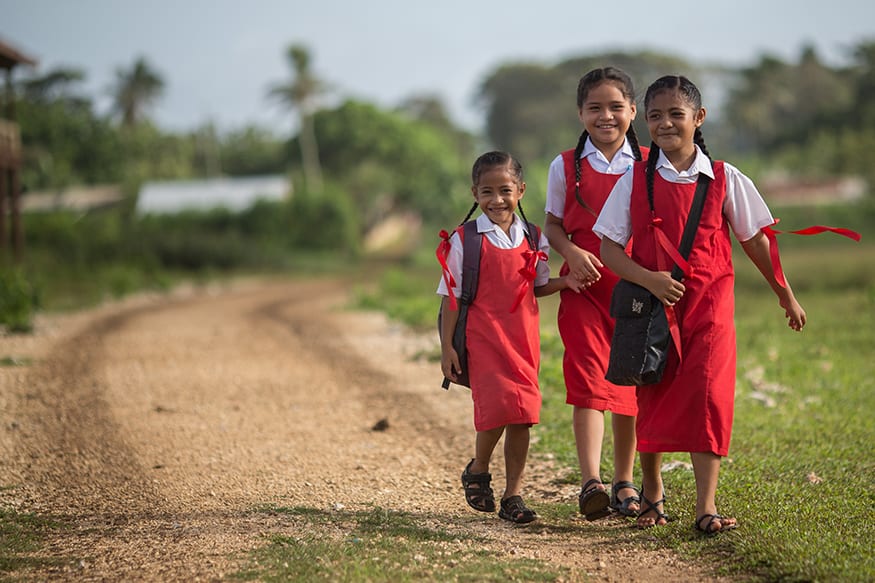
I am a practitioner of capitalism and a member of the 0.1 percent.
I have started or funded 37 companies. I was the first outside investor in Amazon. I have been rewarded obscenely for my success, with a life that the other 99.99 percent of Americans can’t even imagine. Yet the most important lesson that decades of experience at the heart of market capitalism has taught me is that morality and justice are the fundamental prerequisites for prosperity and economic growth. Greed is not good.
The problem is that almost every authority figure – in economics, politics and the media – tells us otherwise. You will hear plenty this week, as the global elite converge on the Swiss mountain resort of Davos to discuss the challenges facing our economies and our world. Yet, I can guarantee that despite all the talk, there will be no substantive questioning of the immoral foundation of our modern economies.
The current inequality crisis is the direct result of this moral failure. Our exclusive, highly unequal society based on extreme wealth for the few may seem sturdy and inevitable right now, but it will collapse. Before long, the pitchforks will come out and the ensuing chaos will benefit no one. Not wealthy people like me – and certainly not the poorest people who have already been left behind.
To avert this existential crisis, we must drive a stake through the heart of the neoliberal religion that instantly rewards greed at the expense of our future. We must replace it with a new economic framework that recognises that justice and inclusion are not the result of economic prosperity, but rather the cause of economic prosperity.
Only a society that seeks to include all its people in the economy can succeed in the long term: no company, and certainly no billionaire is an island. We owe our wealth to society – to the millions working each day for us at home and across the world, often for poverty wages. We owe our fortunes to governments, who provide the education, the infrastructure, and the research investment on which we build our empires. None of the companies I have invested in would have been able to function without this.
A fundamental prerequisite for a more just society is that the wealthiest should pay their fair share of tax. However, as Oxfam’s inequality report, “Private Wealth or Public Good”, demonstrates, this is not happening. Here in the United States, the richest in society – people like me – have just benefited from one of the biggest tax cuts in decades. Meanwhile our public schools are crumbling, and our healthcare system continues to exclude millions, leading to huge pain and suffering. The top rates of tax on the wealthiest people and corporations are lower than they have been for decades. Unprecedented levels of tax avoidance and evasion ensure that the super-rich pay even less.
There can be no moral justification for this behaviour beyond a discredited neoliberal dogma that if everyone maximises their selfishness, the world will somehow be a better place: that ever-lower taxation on the richest will somehow benefit us all; that health and education left to the mercy of the free market, available only to those who have the money to pay for them, is somehow more efficient. It has no economic justification, either. As Henry Ford famously identified, you can’t grown a business or an economy if people are impoverished.
I have absolutely no doubt in my mind that the richest in our society can and should pay a lot more tax to help build a more equal society and prosperous economy. As Oxfam shows, a fairer tax system could help ensure that every child gets an education, and that no one lives in fear of getting sick because they can’t afford their medical bills.
Ultimately it is our humanity, not the absence of it, that is the true source of economic growth and a flourishing civilization. This is not just an imperative for activists and academics but for all of us – including every billionaire. It is no longer a question of whether we can afford to do this but rather whether we can afford not to.
Nick Hanauer is an American entrepreneur and venture capitalist.










